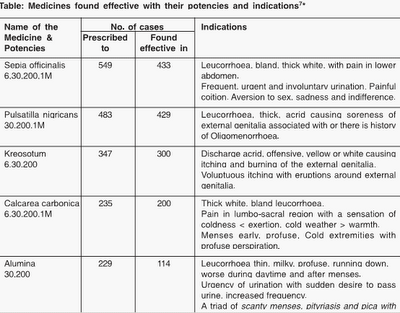
Posted on: Monday, 20 December 2010, 08:14 CST
(Ivanhoe Newswire) — Epstein-Barr virus (EBV) infects 90% of people at some point in their lives – and most will never know it. However, HIV patients, receivers of organ transplants, and others with immune system problems may not be so lucky. EBV puts such people at a greater risk of cancer, and scientists are just discovering why.
Duke Cancer Institute researchers recently found a pathway used by infected cells to fight EBV infection, and may be able to use this discovery to better understand how the immune system responds to cancerous viruses.
"Using cell culture studies, we have uncovered a major pathway that the infected host cell activates to prevent an oncogenic virus from causing cancer," lead author of the study Michah Luftig, Ph.D, and Assistant Professor of Molecular Genetics and Microbiology was quoted as saying. "We proposed that the cell was sensing that the virus is trying to take over. When this oncogenic stress response is activated, it keeps the virus in check, and now we know why."
The research team studied the ways in which EBV can overtake cellular response, and hope that their findings will lead to the development of EBV-fighting therapies for those with weakened immune systems. one key discovery is that two enzymes, called kinesis, stimulate the oncogenic stress response which typically fights EBV infection in strong immune systems (usually early in life).
In their study, the researchers blocked these kinesis, called ATM and Chk2, and observed an uncontrolled growth of infected cells. they accumulated at ten times the typical amount, a large growth typically associated with many types of cancers, such as post-transplant lymphproliferative disorder.
"the findings can be extended to the general case of any oncogene being activated that might start the process of tumor formation," Luftig was quoted as saying. "About 20 percent of all human cancers are caused by infectious agents, where about 80 percent of these infections are viral."
The human papilloma virus, for example, is a viral infection which is known to lead to cervical cancer.
EBV is a unique virus, affecting people in different ways. Children aged four to five may first suffer mild illness symptoms. Teenagers may develop mononucleosis and suffer much more acute symptoms such as chronic fatigue. for those with immune problems, different types of lymphoma can form.
SOURCE: Duke University Medical Center, December 2010
Source: Ivanhoe Newswire
More News in this Category